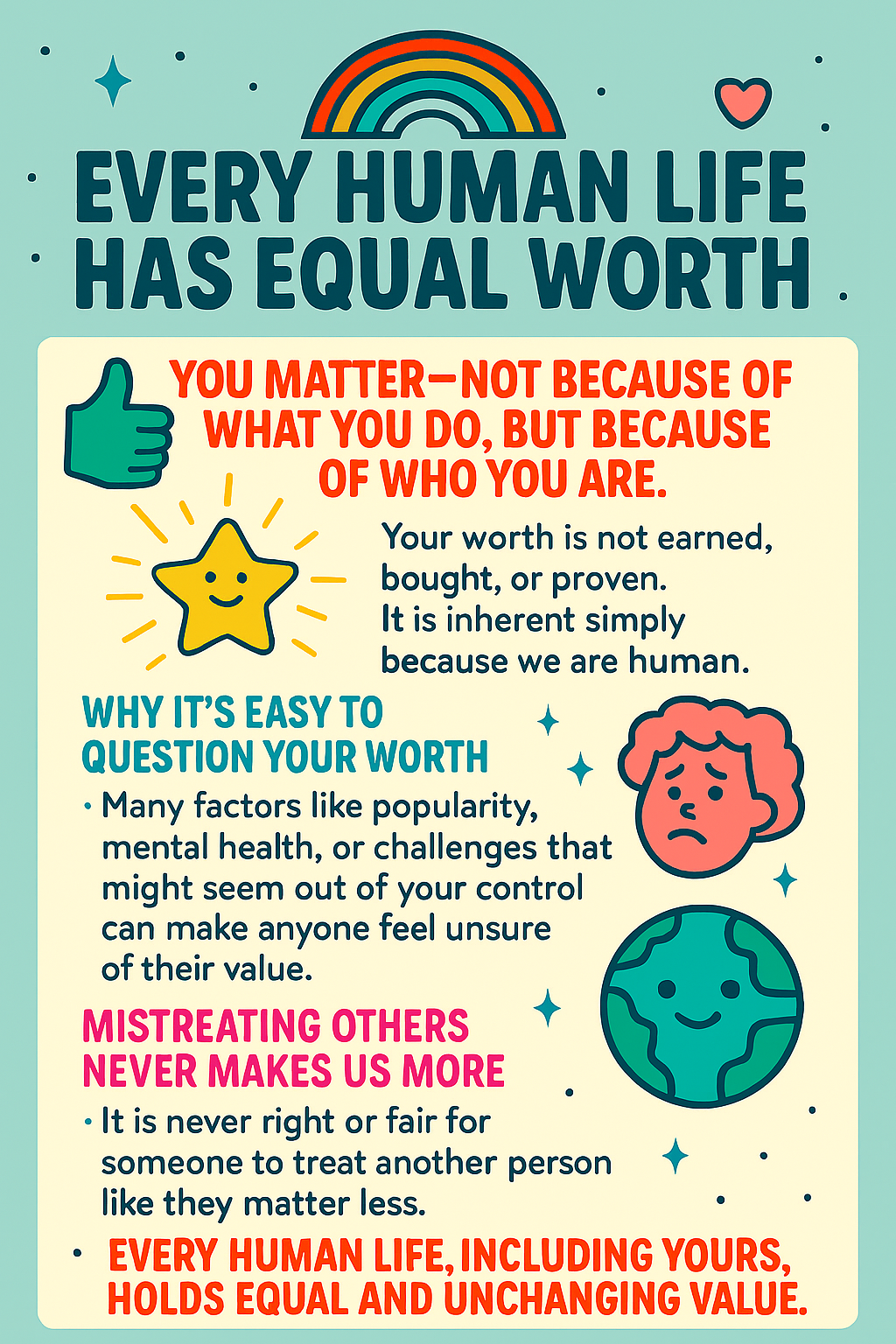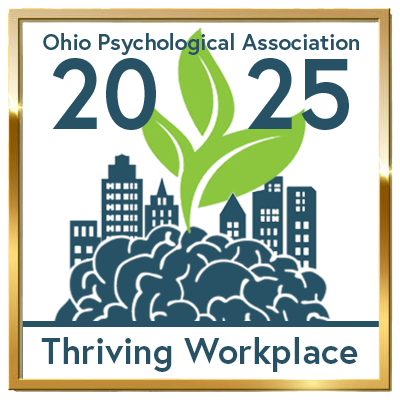
Do you know what a Qualified Mental Health Specialist (QMHS) is and how they differ from a case manager or therapist?
Most people have some knowledge regarding case management but are not as familiar with the term Qualified Mental Health Specialist. By definition, a case manager helps their patients understand their options concerning the specific situation they are dealing with at the time. A case manager is a liaison between patients and their treatments or care options. Case managers are available in a variety of areas including substance abuse, rehabilitation, legal, medical and more.
A QMHS is a relatively newer term to the field of mental health. Child and Adolescent Behavioral Health’s QMHS’s have at least 3 years of experience or a bachelor’s degree, and training in mental health competencies required by the state and C&A. QMHS’s provide therapeutic behavioral services and work with our clients to:
- Resolve conflicts with others
- Manage emotions including anger, minor social or performance anxiety, disappointment, frustration, occasional sadness
- Coping with change, uncertainty, death or loss
- Positive parenting strategies and support
- Linkage to mental health services and other indicated medical/support services
- Linkage to natural and community supports
- Reinforcement and rehearsal of skills taught in therapy
It is important to note that a client seeing a QMHS does not have to be seeing a therapist. However, in some cases, a QMHS will work with a therapist and help the client to reinforce skills and strategies learned in therapy sessions.
When the presentation of symptoms warrants a clinical (medical) diagnosis and is leading to impairment of daily functioning, a therapist is warranted. Some indicators that a therapist is needed are:

- Significant anxiety
- Depression
- Significant oppositional/conduct behavior
- Trauma
- Suicidal ideation or self-harm behaviors
- Homicidal ideation or harming others
- Substance abuse
- Resolve the complex roots of each individual client’s unique struggles
QMHS’s provide community-based services and will meet the needs of the client where he/she is. This means meeting the client in a school setting, in a park, at a restaurant, the library or the client’s home. To better serve C&A’s clients, QMHS’s are divided into specific school districts/areas of the county. This allows them to become a familiar face and build rapport within the community.

Typically, QMHS providers are not meeting clients in an office setting but rather in a location where the client is working on tools and strategies to cope with their specific need. Some examples of skills a QMHS may work on with a client include:
- If a child is struggling on the playground with a fellow student who is bullying the child by taking the basketball from them, the QMHS will go to recess with the child and help them practice social skills, conflict resolution and friendship skills and when and how to appropriately ask for help.
- For a high school aged client, the QMHS may work on independent life skills. An example may be how to ride public transportation. The QMHS will walk the client step-by-step through the process, perhaps by obtaining a copy of the bus route, or linking the client to a training class. The QMHS may ride the bus with the client, and then advance to meeting the client at their destination to see how the client is navigating public transportation.
For more information on C&A’s Qualified Mental Health Specialist services, please call 330.433.6075.
Dan Mucci is the author of this blog post. He is C&A’s marketing coordinator. Mucci has more than 20 years of writing experience. To learn more about the services the agency offers, visit
www.childandadolescent.org or email
dmucci@childandadolescent.org.
RECENT POSTS












